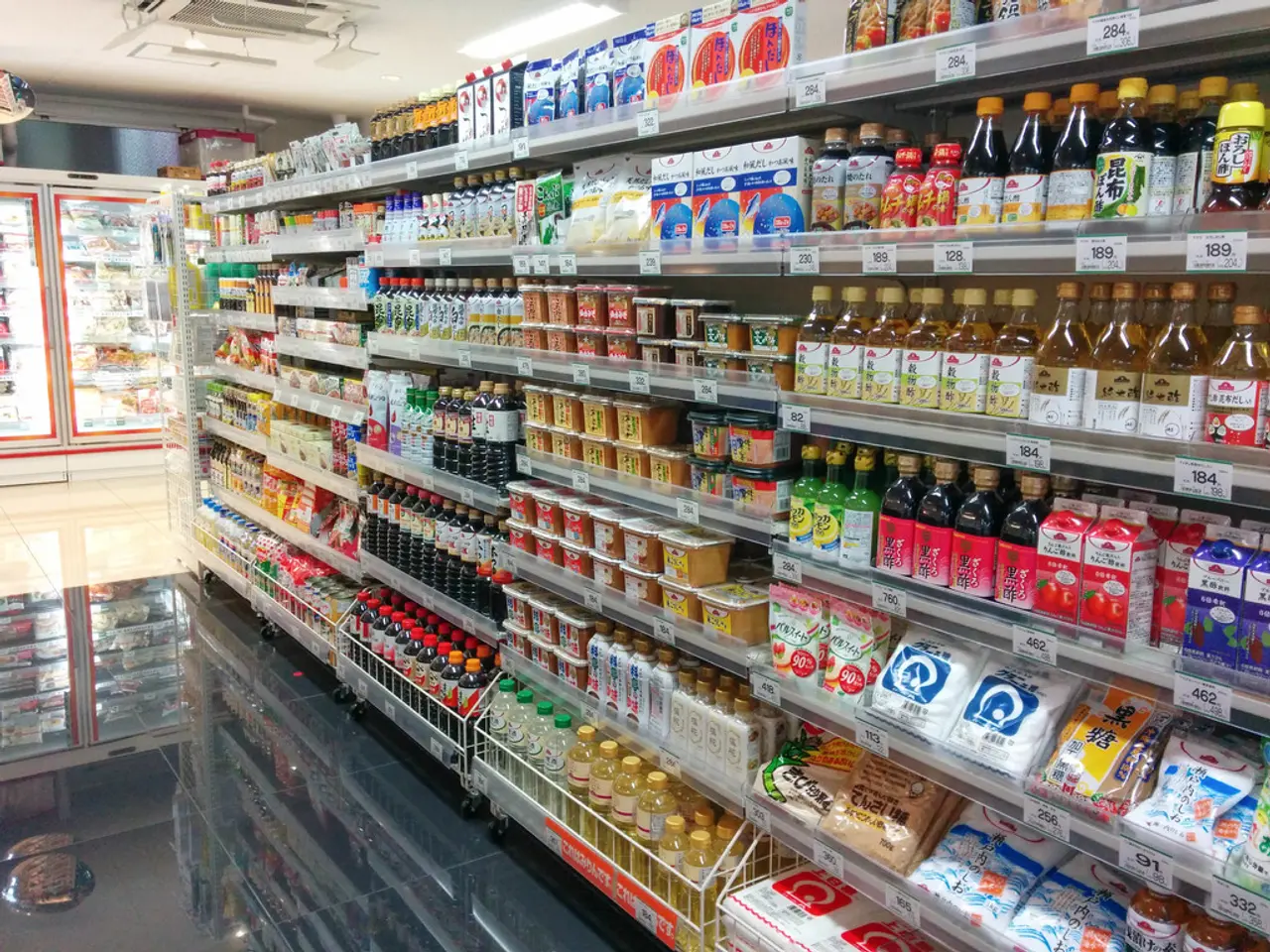Treasury fails to secure GH¢2 billion due to investor hesitance in April
Ghana's Treasury experiences a 35% drop in government bill auction proceeds, missing the target by GH¢2.24 billion in April. The auctions, held for 91-day, 182-day, and 364-day bills, were aimed at raising a total of GH¢5.21 billion. Despite the interest rate being below the inflation rate, yields have started to gather momentum following a 250-basis point increase by the Monetary Policy Committee (MPC) in March.
The MPC recently maintained the policy rate at 28%, a tight monetary stance intended to curb inflation and anchor inflation expectations. The treasury, however, has seen an increase in borrowing costs due to high policy rates, which make government bond yields more appealing to investors but also raise the cost of servicing debt.
Meanwhile, the increase in the capital reserve ratio (CRR) to 12% from 8% could potentially reduce interbank liquidity by up to GH¢5 billion, decreasing banks' resources available to invest in government short-term bills. Central Bank Governor, Dr. Ernest Addison, mentioned during the MPC press briefing that banks are not lending out excess cash primarily due to investing in Treasury bills.
The tightened local currency liquidity conditions are projected by Databank to slow down the Ghanaian cedi's depreciation. In April, the cedi demonstrated stability, posting a -15.56% return compared to March. However, it has shown impressive rebound against significant currency pairs like the British pound and the euro, recording a gain of 4.68% and 5.37%, respectively, on a monthly basis.
In the near term, Apakan Securities expects the foreign exchange market to remain stable, supported by a $2 billion syndicated loan announced by the government and the annual COCOBOD inflow. The bank anticipates these measures to shore up gross reserves and provide the Treasury with the liquidity needed to sustain foreign exchange demand.
The combined impact of the MPC's policy decisions, the adjustment in the CRR, and the current economic climate indicators create a complex but stabilizing economic environment for Ghana. The high policy rate and dynamic CRR aim to rein in inflation and exchange rate volatility despite possibly creating tighter liquidity and higher government borrowing costs.
The high policy rate set by the Monetary Policy Committee (MPC) and the increased capital reserve ratio (CRR) may increase government borrowing costs in the banking and finance sector, making government bond yields more appealing to investors. This could potentially impact the Treasury's report on auction proceeds, as high borrowing costs may affect the market's responsiveness to future bond issuances.
The tightened local currency liquidity conditions, resulting from the increased CRR and the current economic climate indicators, are expected to slow down the depreciation of the Ghanaian cedi in the near term. This stabilizing environment, supported by foreign inflows like the $2 billion syndicated loan and the annual COCOBOD inflow, could potentially help the Treasury manage foreign exchange demand and sustain financial growth in the business sector.
Apakan Securities expect the foreign exchange market to remain stable, and the combine impact of the MPC's policy decisions, the adjustment in the CRR, and the current economic climate indicators create a complex but stabilizing economic environment for Ghana, which could potentially influence the growth and stability of the overall market, including the banking and finance sector.




